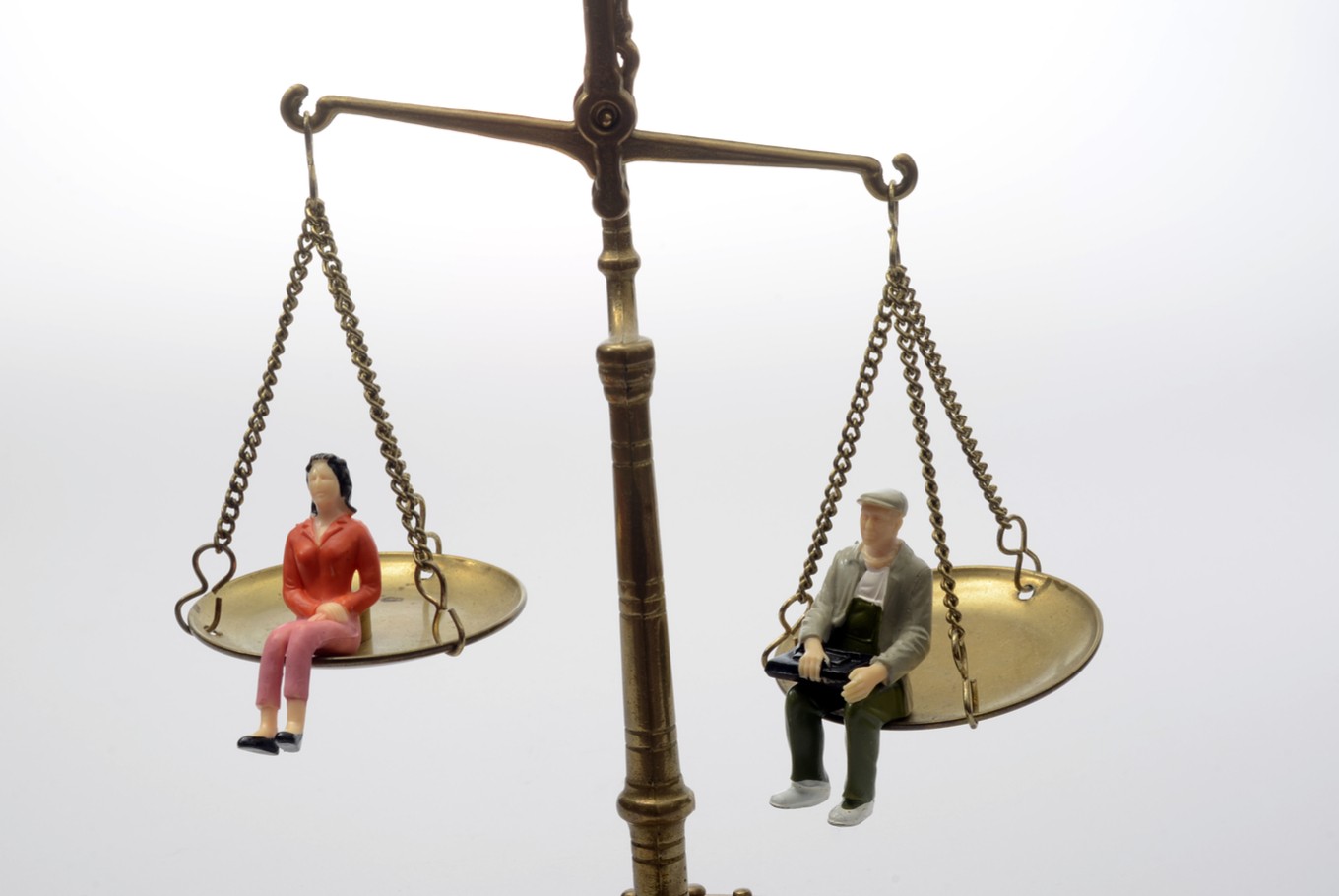Popular Reads
Top Results
Can't find what you're looking for?
View all search resultsPopular Reads
Top Results
Can't find what you're looking for?
View all search resultsGender equality: A call for presidential candidates
Both government and private agencies have committed significant funds for scholarships in this area, only to have 70 percent of women awardees return to domestic duties.
Change text size
Gift Premium Articles
to Anyone
A
s the Feb. 14, 2024 elections draw nearer, all presumptive presidential candidates stand a rare opportunity to show leadership in promoting gender equality.
Considering that half of the 206 million registered eligible voters are women, and that Indonesian women are increasingly taking greater responsibility for creating an equal and fair future, it is time for candidates to disclose how they will build on the slow but steady progress of gender equality in the country over the last eight years.
Indonesia sits in 85th place out of 149 countries in the global gender gap rankings, with 21 percent of seats in all representative bodies across the archipelago going to women. In the United Kingdom this is 22 percent and in the United States just 18 percent. Close neighbor Australia ranks 43rd with 30 percent of parliamentarians being women.
Finland ranks the highest on overall gender equality and Afghanistan is the lowest.
Gender equality is not only a fundamental human right, but also necessary for a peaceful, prosperous, progressive and sustainable Indonesia. In my soon-to-be-published research (with Rob Goodfellow of Western Sydney University), I contend that gender equality legislation in Indonesia has been hampered by the social and economic effects of the COVID-19 pandemic.
Despite the government’s financial support, especially for poorer families, the negative impacts of the pandemic on Indonesian civil society have been more prominent among women and children, as well as the rural and urban poor. Increasing levels of absolute poverty and extreme income disparity have occurred alongside the overburdening of an under-resourced primary healthcare system.
In particular, women’s health services, which are already poorly funded, continue to face major disruptions. This is the first area I would like to see leadership on.
The second area of policy reform I look forward to is more and better employment opportunities for Indonesian women, in particular graduates, so that educated Indonesian woman can use their learning privilege as a steppingstone to build their lives, their families and their respective communities.
By breaking the chains of domestication, these same women can advance every sector of our economy and society.
There are 6.7 million public and private tertiary-level students in Indonesia, of which more than 60 percent are women. Both government and private agencies have committed significant funds for scholarships in this area, only to have 70 percent of these same women return to the kitchen (domestic duties).
Indonesia needs bright problem-solvers and creative decisionmakers. The fact is, we have them in abundance already: Capable, educated women waiting for an opportunity. Again, I call on all presumptive presidential candidates to explain to the Indonesian people what policies they will adopt to address this.
The third area I would like to see leadership in is for the presidential hopefuls to continue to identify aspiring national female role models and then elevate them to powerful policymaking positions so that women themselves can identify and address their own challenges, priorities and solutions.
As an independent woman with a natural instinct to lead, I am an example of the benefits of this approach. I have been through the experience of facing many impediments associated with strong customary law and religion in my home province of Papua, yet I have proven that women can and do make an enormous contribution to the life of our nation – despite many challenges, that is if they are supported and nurtured.
It is true that my worldview has been shaped, in part, by my studies overseas – in Singapore, Canada and Australia (in 2007 I was aided by an Australian PhD Development Scholarship in the field of Teaching English as a Second Language undertaken at the University of Newcastle, New South Wales). However, at home, opportunity knocked for me in 2009 when I was elevated to President Joko “Jokowi” Widodo’s first Working Cabinet (2014-2019) and then, when I was named Papua’s first-ever female professor.
I recognize that none of this would have been possible without mentors and advocates (and role models such as former president Megawati Soekarnoputri) combined with good state policy. And so, whoever is elected the president in February next year, must continue to make the path clear and wide for Indonesian women.
Our presidential candidates have an opportunity, right now, to show strong advocacy for Indonesian women by debating, announcing and promoting policies that will see Indonesia reach its great potential as a leader of nations in gender equality and opportunity.
***
The writer is a professor at Cenderawasih University, Jayapura, Papua, and former women’s empowerment and child protection minister.










